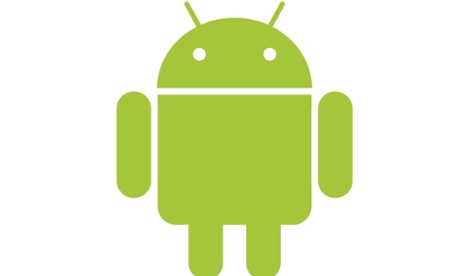BlackBerry's future rides on supporting the past
BlackBerry's comeback plan depends on its ability to position its BlackBerry Enterprise Service as an enterprise mobility management tool, but the only way that effort will work is to support its installed base and operating systems the company had hoped would have handed off to its latest technology.
Enter BlackBerry Enterprise Server 12, an effort announced at Mobile World Congress and due in November (October if CEO John Chen gets his way).
Chen's comments last week on BlackBerry's fourth quarter earnings conference call--the company reported a better-than-expected loss, but revenue fell short of estimates--highlight just how much is riding on BES12 and the company's ability to convince existing customers to upgrade to it. BES10 had a lot of interest, but companies didn't want to support two BlackBerry operating systems and the infrastructure that went with it.
With BES12, BlackBerry will offer backward compatibility, all the way to BlackBerry OS 5. BES10 required companies to support only the new platform. For good measure, BES12 will manage iOS, Android, and Windows Phone devices.
The challenge for BlackBerry is converting interest into actual deployments. BlackBerry has an EZ Pass program that allows for a migration to BES10 and then a free upgrade to BES12.
Chen explained:
BES12 highlights will include the following: We have a new architecture offering customers the option of on-premise, cloud, or hybrid solutions. Backward compatibility allows the unifications of the BES10 and BES5 deployment into a single platform and console, supporting the BES10 and BBOS device. This is huge, and when I went and talked to -- have time to visit customers, the customer likes a lot of the BES10 features, but they were complaining about having two infrastructures that they have to manage, which is the old BBOS infrastructure, as well as the BB10 infrastructure.
This is the first attempt to merge that two into one, so the customer could move on to newer technology, and yet still protect the investment they already made at BlackBerry. So I know this is huge. We obviously also enhanced the platform support for the iOS devices, Androids, and Windows Phone 8.
How an enterprise company decided that customers would want to support two infrastructures is a bit stunning, but does highlight the state BlackBerry was in before Chen's arrival.
Chen noted that BlackBerry can't really sell BES into the base that uses the BlackBerry Bold until BES12 launches.
The larger issue is whether BlackBerry is too late. BlackBerry is seeing service revenue continue to fall and Chen's bet is that BES12 will slow down enterprise defections.
BlackBerry's game boils down like this:
- Grow with BBM and QNX so the company has positives to talk about.
- Offer BlackBerry classic (BlackBerry 7) devices to keep the base.
- Sell that base BES12.
- And still launch new BlackBerry 10 devices with more efficient contract equipment vendors and hope to break even in fiscal 2015, which is now underway.
Chen talked a lot of about BlackBerry "loyalists" and the company's "base." He has to because BlackBerry hasn't cultivated new customers yet. In the fourth quarter, BlackBerry recognized revenue on 1.3 million devices, down from 1.9 million in the prior quarter. However, BlackBerry has cut its inventory levels substantially.
But rest assured, BlackBerry's future is all about it becoming an enterprise mobility management company. The problem is AirWatch, under VMware, and MobileIron are now aggressively pricing to gain share.
Here's the BlackBerry conundrum:
- Enterprises have moved on to Microsoft's ActiveSync technology or rivals such as Good Technology as well as a host of others.
- Even if BlackBerry gets enterprise customers to upgrade to BES10 or BES12, it will take a revenue hit. Wells Fargo analyst Maynard Um estimates that one legacy BES5 subscriber generates $96 a year in revenue including annual support. The best scenario under BES10 would include that user paying about $72 a year. BlackBerry revised its pricing on Monday.
- Customers -- assuming there is interest in BES at all -- will wait for November and BES12. That reality means BlackBerry will take a few more body blows through the end of calendar 2014.








